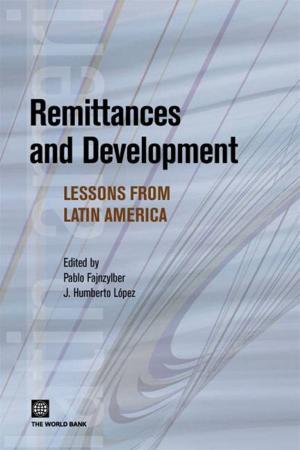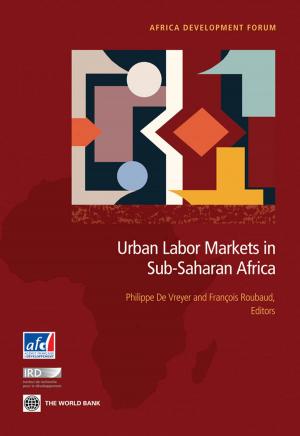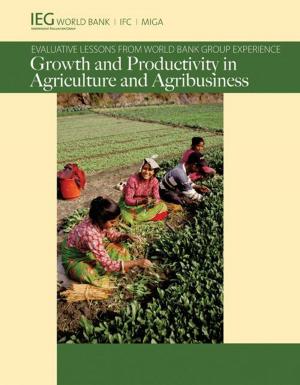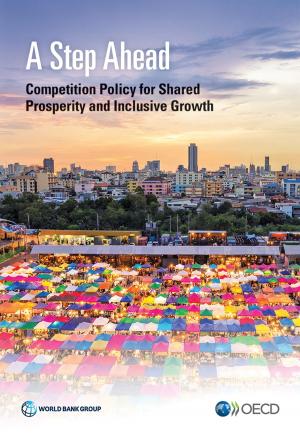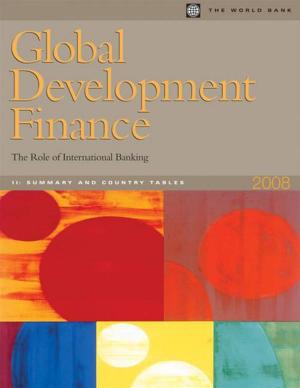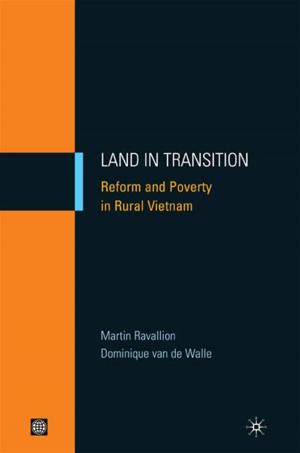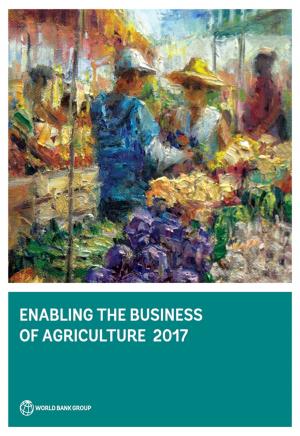| Author: | World Bank | ISBN: | 9780821387337 |
| Publisher: | World Bank | Publication: | April 12, 2011 |
| Imprint: | Language: | English |
| Author: | World Bank |
| ISBN: | 9780821387337 |
| Publisher: | World Bank |
| Publication: | April 12, 2011 |
| Imprint: | |
| Language: | English |
Despite India?s record of rapid economic growth and poverty reduction over recent decadesrising inequality in the country has been a subject of concern among policy makersacademics and activists alike.Poverty and Social Exclusion in India focuses on social exclusion which has its roots in India?shistorical divisions along lines of caste tribe and the excluded sex that is women. These inequalitiesare more structural in nature and have kept entire groups trapped unable to take advantageof opportunities that economic growth offers. Culturally rooted systems perpetuate inequality andrather than a culture of poverty that afflicts disadvantaged groups it is in fact these inequalitytraps that prevent these groups from breaking out. Combining rigorous quantitative research witha discussion of these underlying processes this book finds that exclusion can be explained byinequality in opportunities inequality in access to markets and inequality in voice and agency.This report will be of interest to policy makers development practitioners social scientistsand academics working to foster equality in India.
Despite India?s record of rapid economic growth and poverty reduction over recent decadesrising inequality in the country has been a subject of concern among policy makersacademics and activists alike.Poverty and Social Exclusion in India focuses on social exclusion which has its roots in India?shistorical divisions along lines of caste tribe and the excluded sex that is women. These inequalitiesare more structural in nature and have kept entire groups trapped unable to take advantageof opportunities that economic growth offers. Culturally rooted systems perpetuate inequality andrather than a culture of poverty that afflicts disadvantaged groups it is in fact these inequalitytraps that prevent these groups from breaking out. Combining rigorous quantitative research witha discussion of these underlying processes this book finds that exclusion can be explained byinequality in opportunities inequality in access to markets and inequality in voice and agency.This report will be of interest to policy makers development practitioners social scientistsand academics working to foster equality in India.


